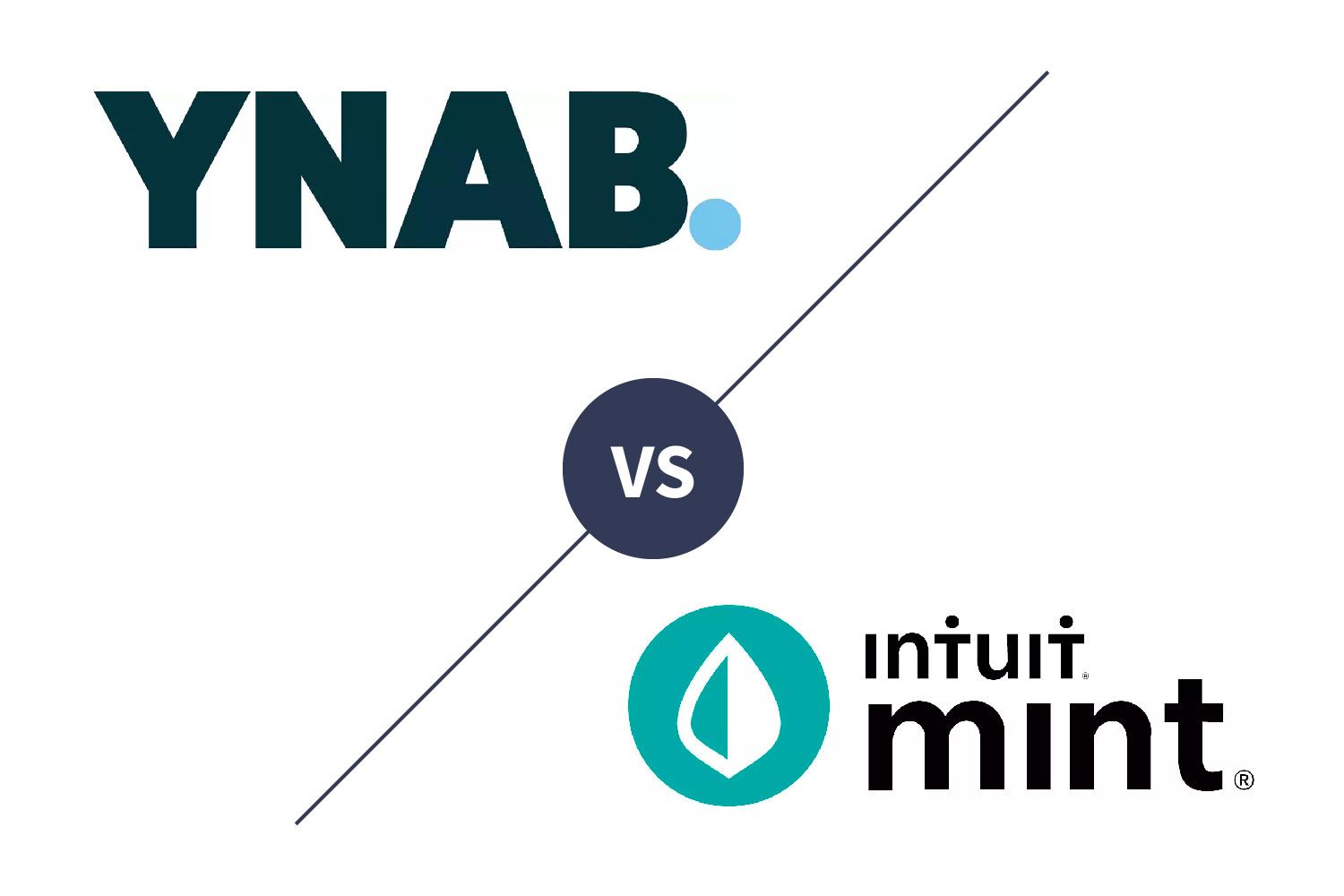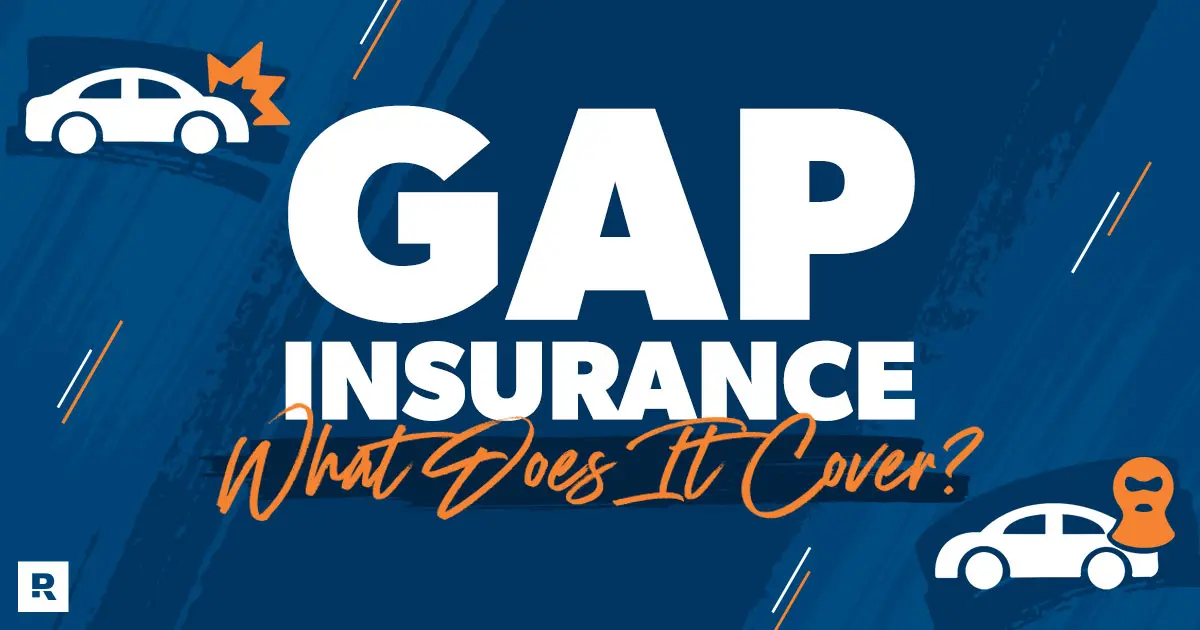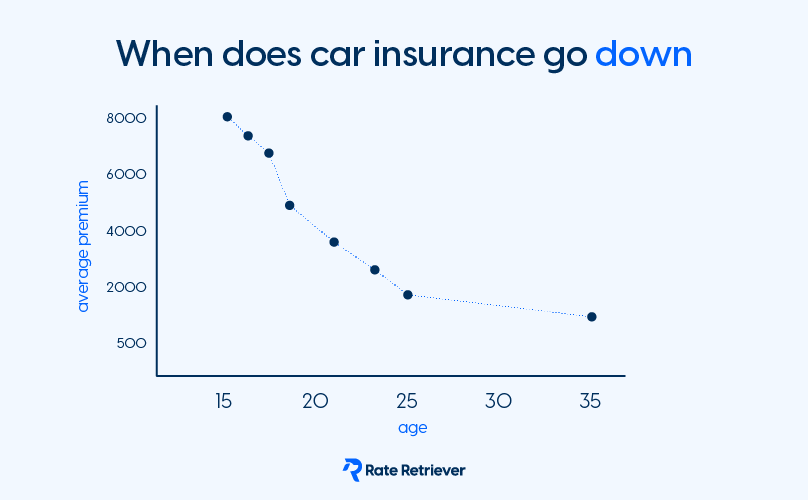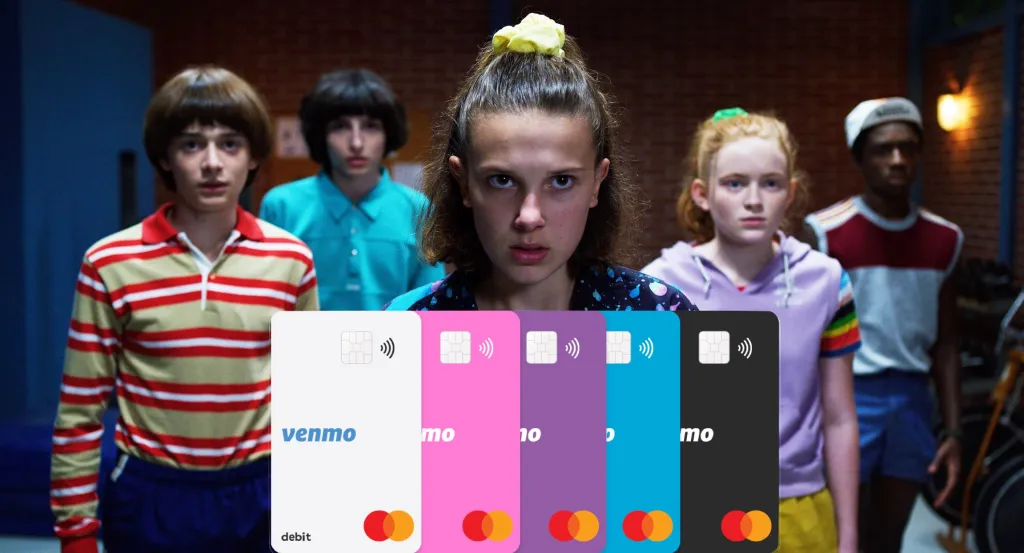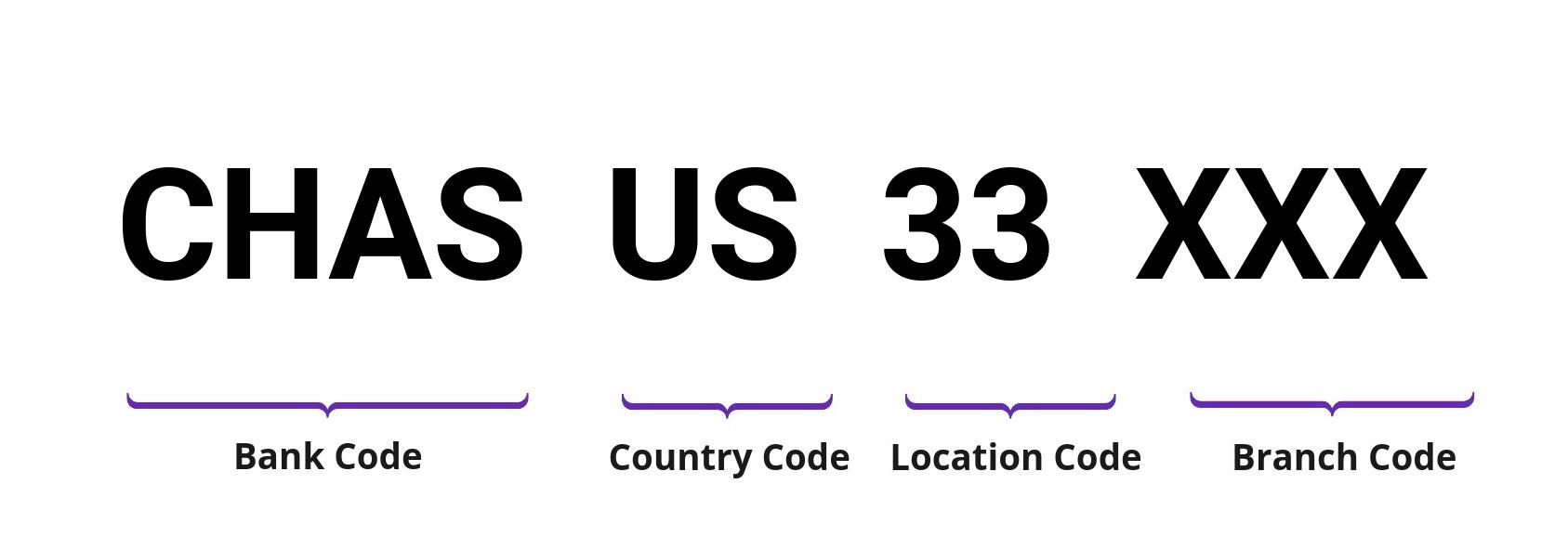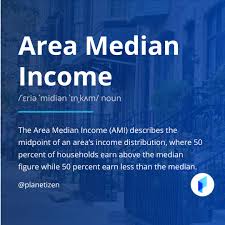Yes. Students can qualify for car loans, and some lenders even offer special programs designed specifically for students. However, approval can be more challenging because students often have limited credit history and income. To improve their chances, students should build good credit, show proof of steady income, save for a down payment, and consider applying with a cosigner. Some manufacturers and lenders also provide rebates, flexible terms, or discounts for students with strong academic records.
Key Takeaways
- Students are evaluated by the same standards as other auto loan applicants.
- A cosigner can improve approval odds, but missed payments can affect both parties’ credit.
- Building credit, saving for a down payment, and choosing an affordable car are crucial steps.
How to Get a Car Loan as a Student
1. Check your credit score
Your credit score is one of the biggest factors in approval. Higher scores can lead to lower interest rates. Pay bills on time, reduce existing debt, and clear overdue accounts before applying. If your credit history is limited, becoming an authorized user on someone else’s credit card with good standing can help build your score.
2. Secure a steady income
Lenders want to see that you can make consistent monthly payments. A part-time job, internship, or steady side income can help prove financial responsibility.
3. Save for a down payment
A down payment of 10–20% can reduce the amount you need to borrow and lower your risk in the eyes of lenders.
4. Choose an affordable vehicle
Stick to budget-friendly options instead of high-end models. Lower car prices mean smaller loan amounts and easier approval.
5. Shop around for rates
Compare offers from banks, credit unions, and online lenders to find the best interest rates and loan terms.
6. Consider a cosigner
A parent, guardian, or relative with strong credit can boost your chances of approval. But remember: if you miss payments, both your credit and your cosigner’s credit can suffer.
Pro tip: Don’t just focus on the monthly payment — also consider the loan term. Longer loans mean lower monthly costs but higher total interest over time.
Student Auto Loan Programs
Some car manufacturers and lenders offer special incentives, including:
- Rebates or discounts for recent or upcoming graduates.
- Lower interest rates or flexible terms for students with strong GPAs.
- School partnerships with lenders for reduced rates or unique auto loan programs.
Leasing vs. Buying as a Student
Leasing may be better if you:
- Want lower monthly payments.
- Don’t drive long distances.
- Prefer newer cars with warranty coverage.
But leases often include mileage limits and fees for wear and tear, and you won’t own the vehicle at the end.
Buying may be better if you:
- Can afford a down payment and monthly loan payments.
- Want long-term savings and ownership.
- May want to sell or trade in the car later.
Car Insurance for Student Auto Loans
If you finance or lease a car, you’ll need more than just state-required liability coverage. Lenders typically require:
- Collision coverage
- Comprehensive coverage
If you’re switching cars, transfer your existing insurance to the new vehicle promptly. Most insurers give you 7–30 days to update your policy.
👉 Bottom line: Students can get car loans, but approval often requires extra preparation. Building credit, saving money, and finding the right lender or program can make financing a car much easier.
